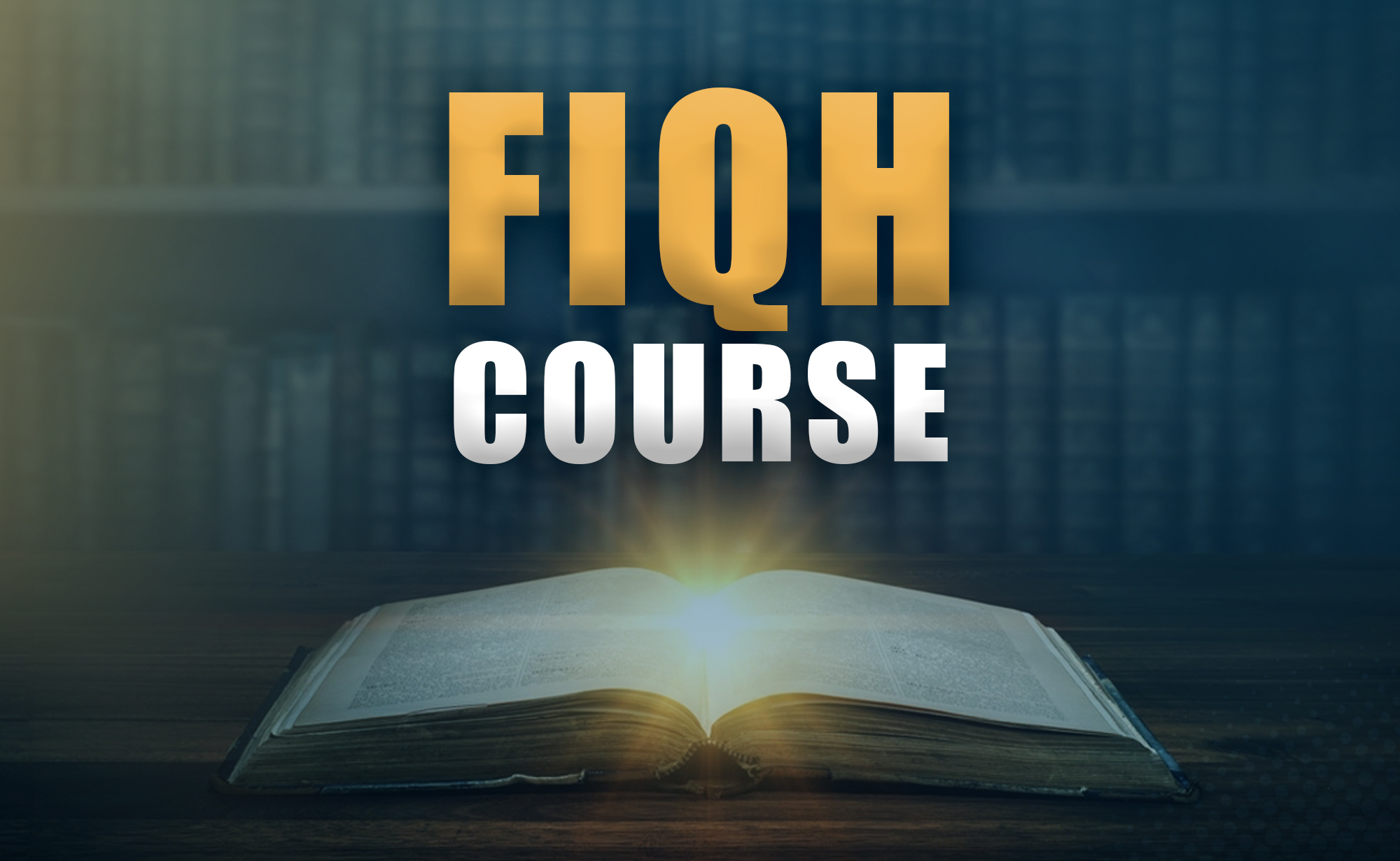What Topics Will the Course Cover?
-
Important terminologies of Islamic Jurisprudence
-
Shar'i rulings of Taharah, Salah, Friday Salah, Eid Salah and funeral
-
Shar'i ruling of Zakah, fasting, Hajj and Umrah
-
Shar'i rulings on marriage, divorce, oath
-
Shar'i rulings on buying and selling,
-
Shar'i rulings on usury and contract
What Will You Achieve?
-
Deep understanding of jurisprudential rulings
-
Ability to interpret and apply Islamic law in various contexts
-
Skills necessary to deal with complex Islamic issues
-
Knowledge to distinguish between permissible and prohibited actions
-
Power to make decisions grounded in Islamic principles
-
Comprehensive understanding of Islamic jurisprudence
Overview:
In the Fiqh Course, students discuss the details of Islamic jurisprudence, where they encounter a lot of important terminologies that define the legal framework of Islamic law. Through careful study and analysis, participants in the Fiqh Course gain a comprehensive understanding of terms such as "Haraam," "Halal," "Ijtihad," "Fatwa," and "Qiyas,". These terminologies form the foundational vocabulary of Fiqh that allows students to deal with the complexities of Islamic legal discussion with accuracy and clarity. By mastering these terms within the context of the Fiqh Course, individuals develop the necessary linguistic and conceptual tools to comprehend and apply Islamic legal principles in various aspects of their lives. The Fiqh Course discusses Islamic jurisprudence, covering essential topics like beliefs, purification rituals (Taharah), impurities, Quranic recitation, Salah, Jumu'ah Salah, Tarawih, Eid Salah, funeral rites, Zakah, fasting, I'tikaf, Hajj and Umrah, marriage, divorce, oaths, buying and selling, usury and employment contracts. Through careful study, students learn about Islamic legal concepts, rites and rituals, enabling them to understand various aspects of worship, transactions and personal conduct under Islamic principles. By completing the course, students gain a deep understanding of Islamic law, empowering them to make informed decisions and uphold the teachings of Islam with clarity and conviction. Who Is This Course For?Who Is This Course For?
To enrol in the Fiqh Classes, candidates should be at least 18 years of age and possess proficiency in reading and writing Urdu.

Trending
This Course Includes
-
Anytime, Anywhere
-
Downloadable Resources
-
Individual & Group Class
-
Access on Mobile & Computers

